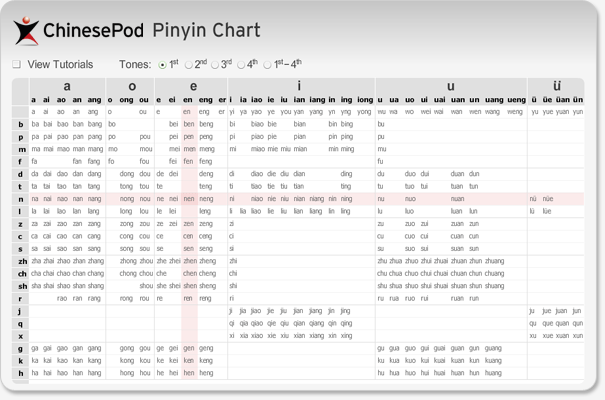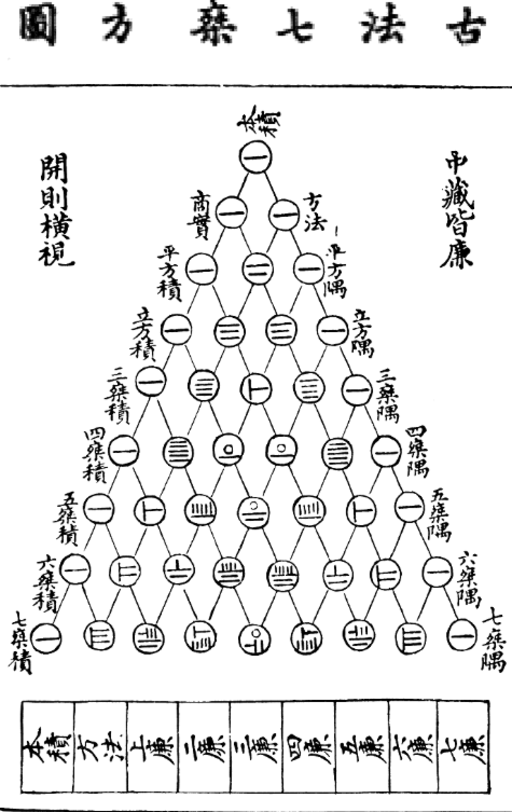Welcome to the ChinesePod Weekly, your chance to find out what's going on at ChinesePod this week!
With so many online Chinese learning resources, it can be a real pain choosing which ones to keep and which ones to nerf. Well today, we’ve decided to help you out a bit and give you our recommendation on 5 great free resources for learning Mandarin Chinese.
- Learn Chinese - QingWen App
With podcasts updated weekly, this is a great little app to take with you for learning Chinese on-the-go. The QingWen show gets down to the nitty-gritty and gives listeners the much-needed explanations about the tricky parts of the Mandarin language – from the multiple uses of “就” to common examples and uses of “成语”. The Beijing Standard Time show is not only great from a learning standpoint, but also from a cultural one as well. The show provides listeners with valuable information about Chinese culture, from tips on how to avoid common scams in China, to etiquette guides on how to behave in certain social situations, such as “How to act at a Chinese banquette?” - Lang-8
A great free resource for anybody looking to improve their writing skills. Lang-8 is basically a community of users all looking to improve their writing skills, in whatever language. As a user, you can write a blog, journal, or post in Chinese, and look for native Chinese speakers to correct your writing and give feedback. It works because you will be doing the same for them, correcting their writing in English, or any other language you speak natively. The correction system is simple and straightforward, and the more friends you make, the more corrections and feedback you can receive. - Nciku
Probably the best web-based English-Chinese dictionary out there. You can search by English, Chinese characters, pinyin, radical, or even via handwriting with their in-site writing pad. The interface is clean, and they have a nice library of sample sentences that come up with each word search. Although their mobile app requires you to fork over some dough to unlock, try Pleco basic version for a free mobile alternative. - AllSet Learning Pinyin App
A great free iPad app for newbie Mandarin learners. AllSet’s Pinyin chart is simple and to the point, providing you with zoom-able and pan-able features where you can zone in on your selected pinyin and listen to the accompanying audio. For a web-based version of a pinyin chart, check out ChinesePod’s Pinyin Chart. - FluentU
A relative newcomer to the Chinese language learning scene, however, FluentU has some great things to offer. It uses popular video clips and short movies to help you learn Chinese in a very visual manner. What’s more is that all of the videos are subtitled in Chinese characters, with pinyin display and English breakdowns available via hovering over the text.
So there you have it - our recommendation on 5 great free learning resources for Chinese. If you are looking for more, however, why not check out ChinesePod subscriptions as well. It’s the best way to get your mandarin learning rolling, and is especially helpful for busy people who like a practical approach to language learning.
----------------------------------
A Big Thanks to All Premium Users!
Thank you to all our Premium users for participating and getting involved with our new Task feature. As of May 1st, free feedback on lesson “Tasks” for Premium users will no longer be given; however, you can still upload and share your work for peer review! In addition, if you really enjoyed our Task feeback, then perhaps you should consider our New Skype Classes, which have full integration of the Task feature, including full and detailed feedback on Tasks from your very own ChinesePod teacher.
Go Mobile!
If you have not yet done so, make sure to check out the ChinesePod mobile app for Android and iOS. It is the best way to learn mandarin on-the-go, so you can squeeze in that extra study time whenever and wherever you feel like it (on your morning commute, on your lunchbreak, at home, etc.) Plus, with the most recent version, you can now also upload tasks directly from your device! The TASK section allows Premium users to upload and share their work to get feedback directly from our ChinesePod teachers. It's the next step in direct, online, student-teacher support!
















